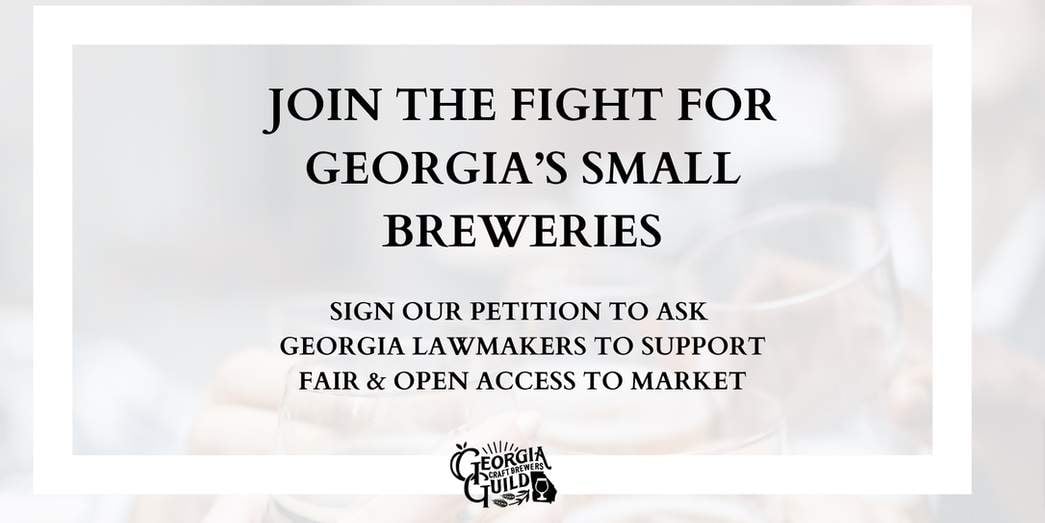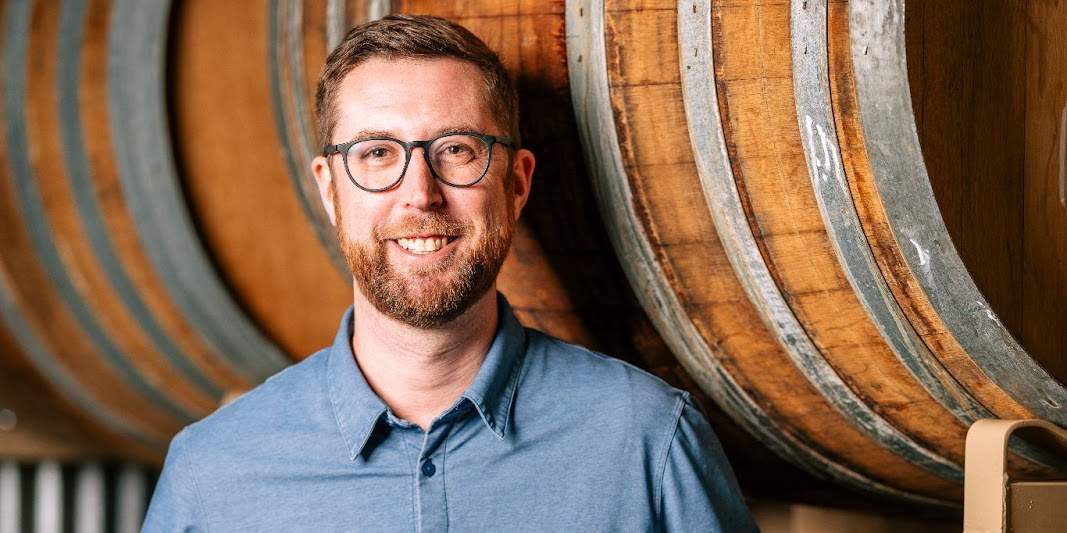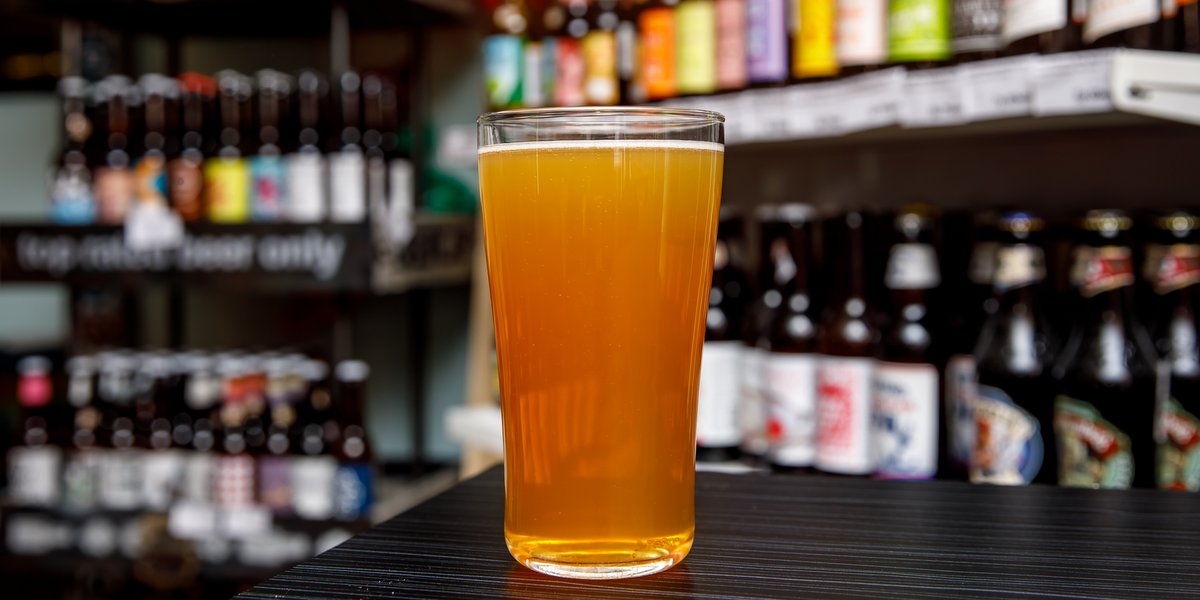
Last week, which seems like a year ago, Pete Coors, chairman of Molson Coors’ board of directors, posted an “open letter” to the Brewers Association (BA) — an odd thing in itself — noting that he was disappointed that the BA continues to promote a division between “craft” and “corporate” beer. Coors pointed to the recent Craft Brewers Conference and BrewEXPO America in Nashville (one of the BA’s big trade events), feeling its message to brewers and consumers was anti corporate beer and that the beer community as a whole should work together against other categories of inebriates — like wine and spirits.
Anheuser-Busch CEO Michel Doukeris apparently liked this letter. He even mentioned it in what appears to be a communication with wholesalers, at least according to Harry Schuhmacher, publisher of Beer Business Daily and Wine & Spirits Daily, which first posted Coors’ letter:
Even A-B is praising Pete Coors’ letter to the BA. pic.twitter.com/mXe7zak9Fd
— Harry Schuhmacher (@BeerBizDaily) May 9, 2018
I know this letter is simply a cheerleading exercise with partners, but Anheuser-Busch continues to deal with a chronic case of dissociative identity disorder. It owns a lot of craft brands in its High End portfolio — which includes Wicked Weed, Goose Island, Blue Point, Elysian, 10 Barrel, Golden Road, Four Peaks, Breckenridge, Virtue Cider and Devils Backbone — but it also continues to market for and against these brands. Last year, one of Bud Light’s national marketing campaigns mocked craft’s use of exotic ingredients.
Also last year, a bunch of those High End brands produced a pretty contentious video called “Six Viewpoints from The High End,” where AB’s craft brands tell us why the BA’s independent seal makes no sense. At one point, Garrett Wales from 10 Barrel even notes the seal “doesn’t mean shit to me.” The seal is used on beer packaging or marketing material to promote brewers that fit the BA’s definition of a craft brewery and is very much at the center of the argument to differentiate small brewers from large ones.
It also goes way beyond simple marketing. Anheuser-Busch and mothership AB InBev have generated plenty of not-so-competition-friendly allegations and infractions over the years. Here’s a handful of headlines from a 14-second search:
- AB InBev Paid a $6 Million Fine in India For Bribery
- Minhas Craft Brewery sues AB InBev and Molson Coors for alleged secret agreement with Liquor Control Board of Ontario
- AB InBev gets caught monopolizing the beer selection at Seattle music venues
- AB InBev incentive program potentially a huge blow to craft beer
- The EU says AB InBev is abusing its dominance in the Belgian beer market, inflating prices
This small sample seems fairly divisive to me. Doukeris and friends continue to play both sides of the argument, and the hypocrisy is nothing new (dig this 1997 franchise agreement between AB and a wholesaler). Sure, Anheuser-Busch does some good stuff. It employees around 18,000 people in America. It’s investing billions in its American operations over the next few years here. In the past 20, its charitable arm (the Anheuser-Busch Foundation) has combined to contribute more than $585 million to organizations. But let’s be clear: Anheuser-Busch has certainly never done any favors for its competitors, so I wouldn’t expect a unified voice in the beer industry anytime soon, and rightfully so.





Brandon Payne says
Exactly why i hated our local brewery Devils Backbone selling out to them, now they are pitting against each other, this is a fine plan if your trying to downsize your competition. Ballast Point is owned by Constellation brands but they promote and invest in the operation, not try to destroy it.
Chris Davis says
Jason Hands